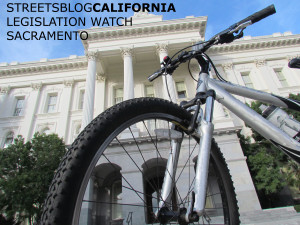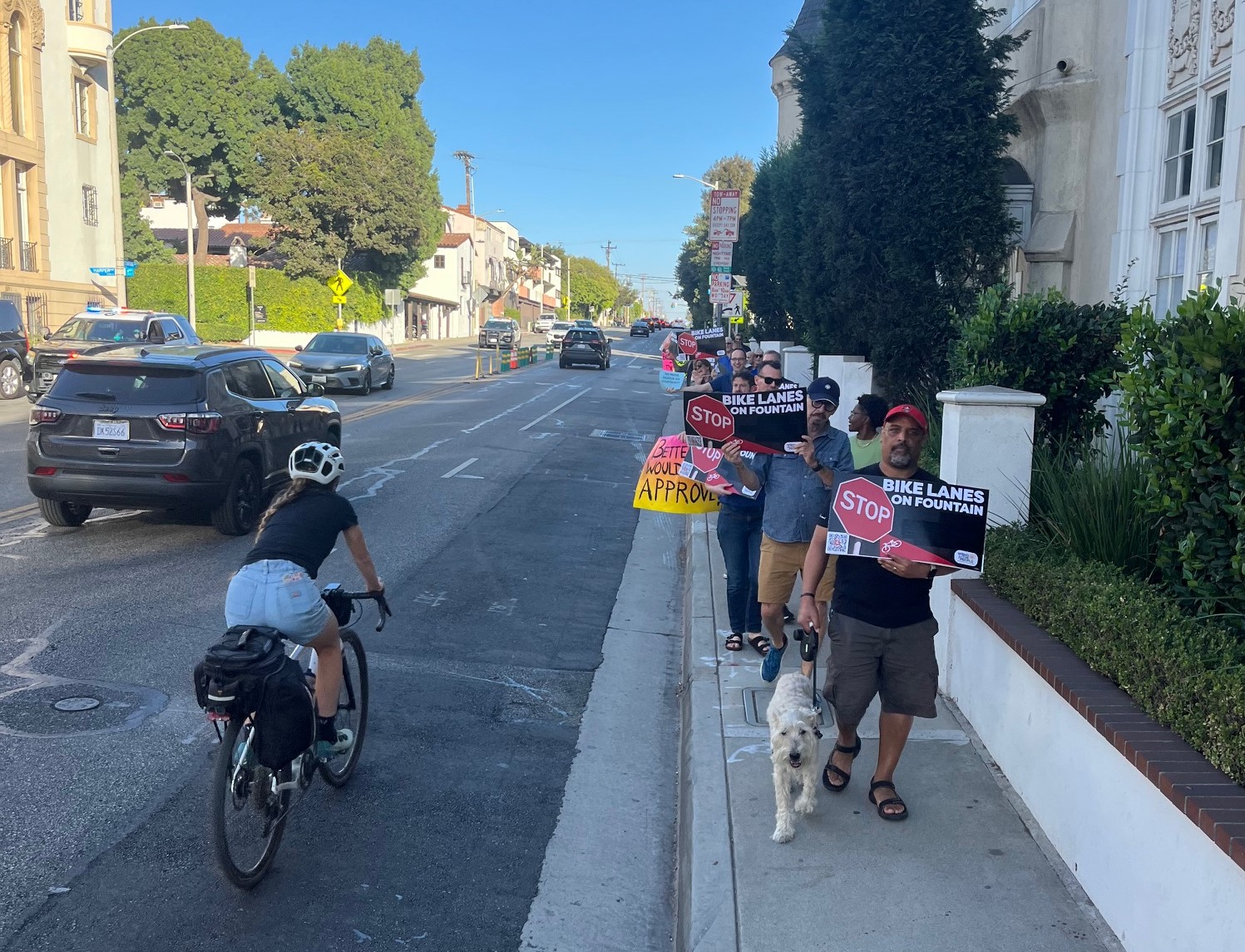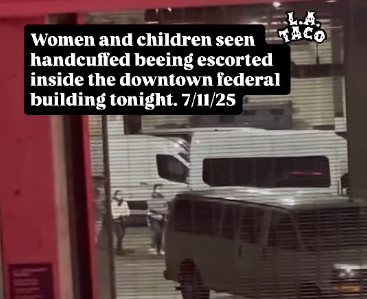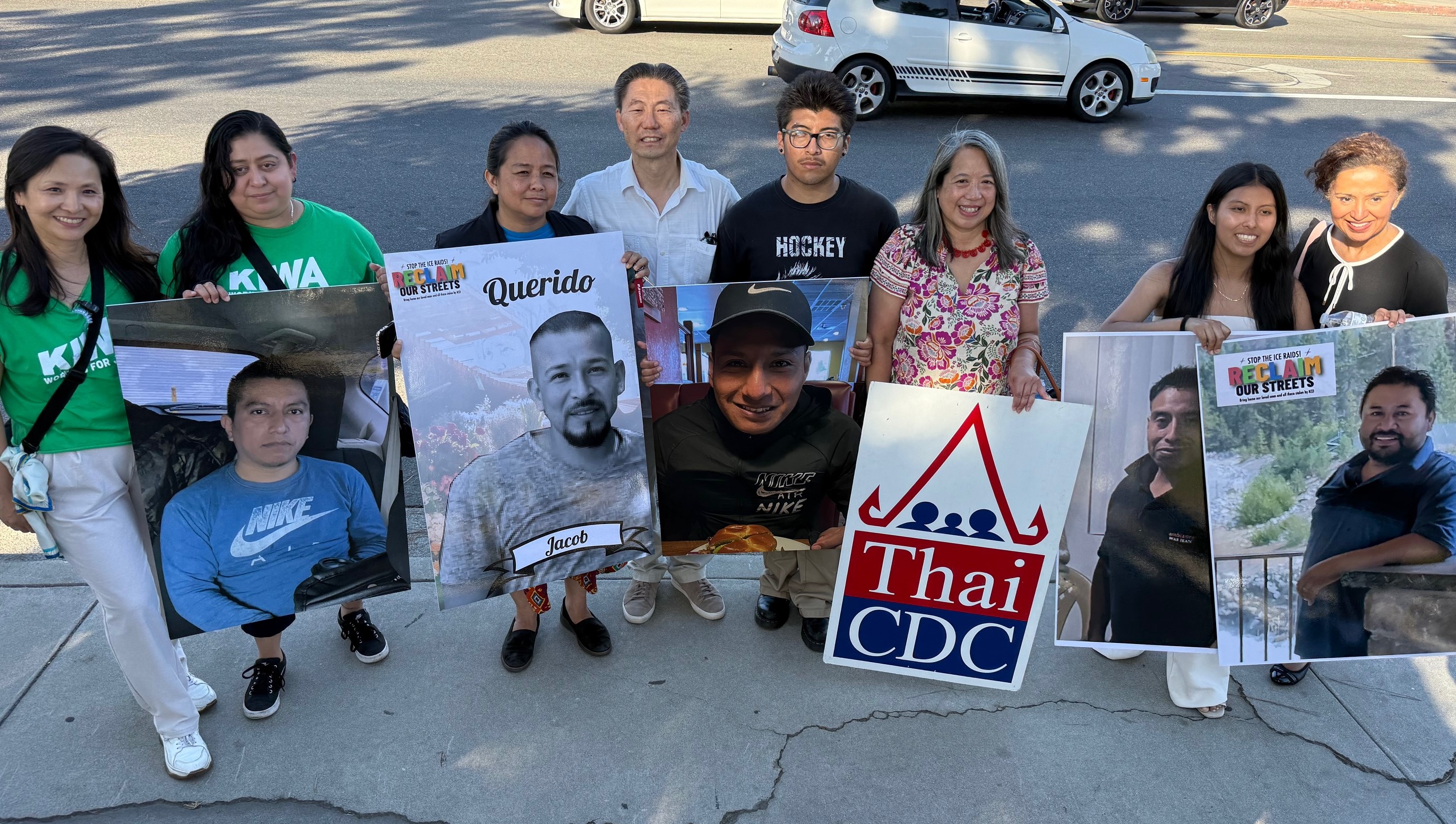The Assembly Transportation Committee was the first state legislative committee to hold a hearing as the state capitol cautiously began to return to business. Legislative leadership called on members to focus their work on responses to and impacts from the coronavirus, since a shortened timeline and safe-distance procedures will slow down their work, even if they find they can come back to work without creating an uptick in virus cases.
Instead, the committee's priority seems to be asserting control over the California High Speed Rail Authority. The only hint as to why this topic might be considered an urgent priority was when Assemblymember Jim Patterson (R-Fresno) said he wanted to pass his bill "before the CAHSRA can proceed with its 2020 Business Plan."
The first bill heard was from Assemblymember Luz Rivas (D-Arleta). On the surface of it, A.B. 3213 simply reorders priorities for CAHSRA, putting "provide the most overall benefit to the state" at the top, followed by "increase passenger rail ridership and effectively replace automobile trips with passenger rail trips."
But the author made very clear that her intent is to rein in the Authority's plans to electrify high-speed rail, a plan that stems from prioritizing the reduction of emissions and greenhouse gases, as required by its major funding source, the Greenhouse Gas Reduction Fund. Under A.B. 3213, that would no longer be a priority of the program.
The bill stems from a failed attempt last year to substitute what seem to be cheaper diesel trains for electric ones, and to move funding from high-speed rail to other transit projects.
Given the dire situation transit operators are currently in, with plummeting ridership, few fares to collect, and a bleak future of reduced tax revenues and lingering fears about the virus spreading in enclosed spaces, it would have made some sense to bring a bill on that subject. But no one did--and the discussion of A.B. 3213 didn't mention any of that. Indeed, it seemed to be based mostly on Luz Rivas' umbrage over the CAHSRA's failure to take her advice last year, or to consult her as they wrote their 2020 business plan. "I never once heard from them," she said, "and it's pretty easy to find my office."
Apparently her attitude is shared by other members of the Assembly Transportation Committee, who passed her bill onward to Appropriations, 15-0.
They also agreed with Assemblymember Patterson, who accused the CAHSRA of attempting an "end run" around Prop 1A, the original bond measure approved by voters to begin building high-speed rail. His bill, A.B. 3278, re-asserts that there will be no operating subsidy for the service, but goes further: it declares that there will be no subsidy for any operator on the system. According to Patterson, the CAHSRA plans to have another agency operate the Merced-to-Bakersfield line, and says whoever it is would likely need some state assistance.
That "appears to be inconsistent with Prop 1A," according to Helen Kurstein of the Legislative Analyst's Office. But Keith Dunn, representing the Association for California High Speed Trains, pointed out that the bill would "be in direct conflict with how we operate every other transit project in the state," and that operators using a blend of funding from various sources should not be prohibited from "combining their resources with this effort."
Still, the bill passed on a 12-1 vote, with Assemblymembers Cecilia Aguiar-Curry (D-Winters) and Laura Friedman (D-Glendale) abstaining.
The committee did take up and pass one bill that has direct relevance to the economic impact on people struggling on the margins. Reginald B. Jones-Sawyer (D-Los Angeles) introduced A.B. 3277, which would change the way parking ticket debt is handled. That is, it would increase the cap on parking ticket debt before a car is towed from $300 to $750, provide more time to pay, and give people with parking tickets more time to enroll in a payment plan. "Before the pandemic, parking debt was already a serious problem," said Jones-Sawyer. "When this crisis if over, and people are able to earn an income, they will have to decide who to pay first. This will give more access to a payment plan, and that will mean cities will be able to collect more revenue."
Traci Kawaguchi of Los Angeles Homeless Services Authority, speaking via phone, pointed out that a large number of California's homeless people live in cars and RVs, and their vehicles provide stability and safety compared to living on the street. Their vehicles also, she said, provide a lifeline in an economy when many jobs require a car.
"Parking citations threaten mounting debt and vehicle loss," she said, "and we need to provide flexibility for households facing all kinds of debt. This bill would offer flexible and reasonable arrangements for people to pay their parking bills. We also recognize the important role of cities and their need to maintain health and safety and neighborhoods, and to enforce parking rules," she added, "while reducing barriers to access for our most vulnerable residents."
That bill passed unanimously.
Next steps for all three bills is the Assembly Appropriations Committee, where they will sit until the head of that committee decides whether to move them along or not. This year's complicated, tight state budget, with many requests for relief, means that limbo is even more uncertain that usual.







